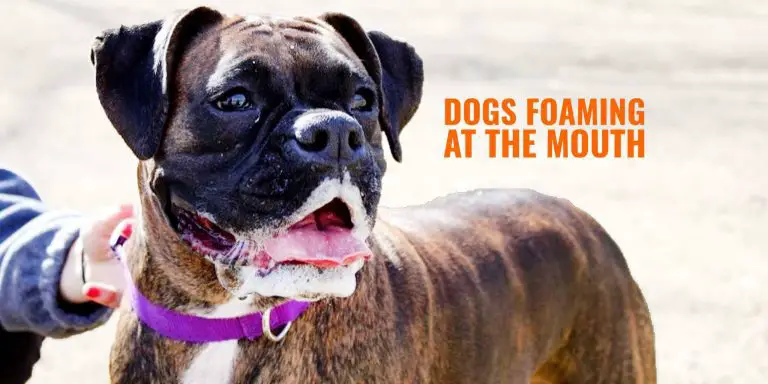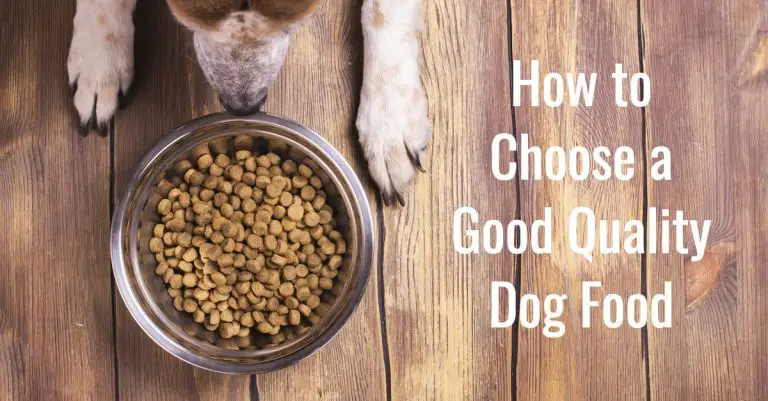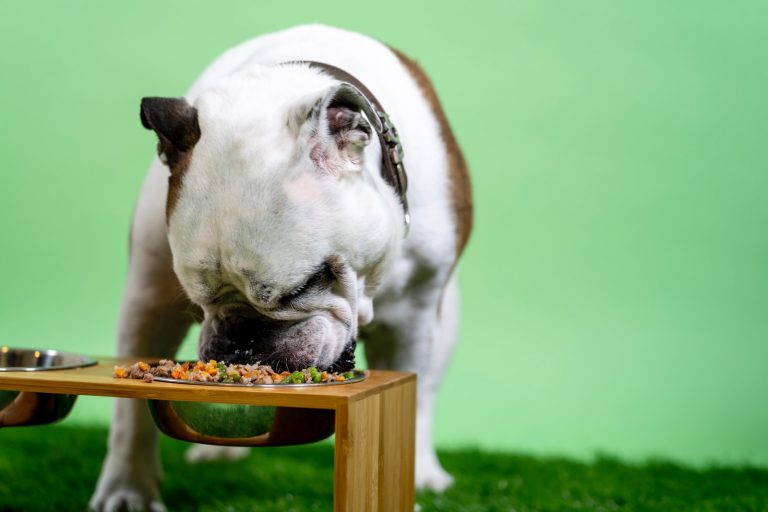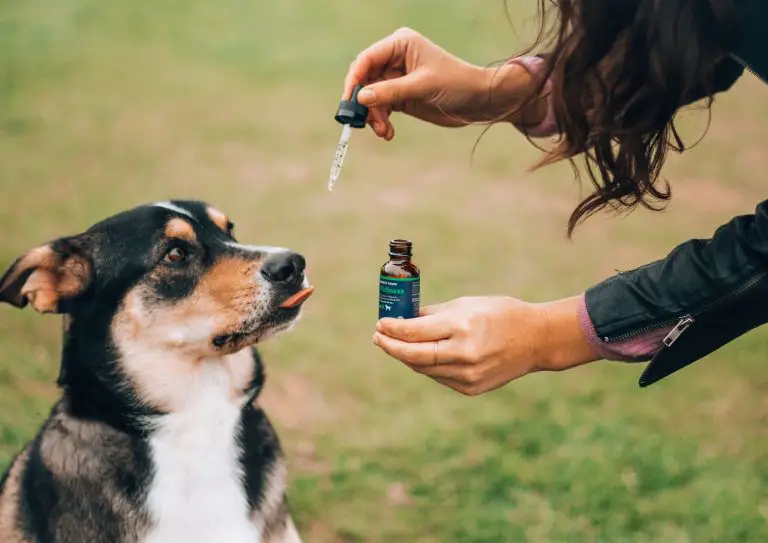Nutrition is critical for a dog’s health. Therefore, loss of appetite becomes a real issue. Pet owners should know that there are many reasons why a dog won’t eat. Before pushing a panic button, you should know the exact matter for food refusal.
The first thing to do is to visit a specialist who will suggest a treatment plan and prescribe medicine if needed. Keep in mind that before going to a vet, you must make sure that your dog does not eat enough.
If your pet eats not as much as you wish or as it is required according to a food package – it is not a problem. For instance, if a family pet eats around 60-70% of the average amount that is usually mentioned on a pack, it is considered normal.

However, a regular refusal to eat might be a sign of an illness called anorexia.
A complete absence of appetite characterizes the disease. In such a way, if usually, your dog eats enough of food, a lack of appetite should be a warning sign to you.
Eating less than usual is not the same as the loss of desire to eat at all.
Food refusal can be destructive to a dog’s health and have very unpleasant consequences to the overall wellbeing of an animal. Although dogs can spend several days with no food, do not accept this as typical behavior.
You should show a dog to a specialist as soon as possible. Wondering why the dog won’t eat, you should know the common reasons. Here they are:
Illness may be the reason
When your pet refuses to eat, the first thing you think about his illness. The truth is that it is most likely a sickness. If there are some other symptoms, it will be easier to define which disease a dog has.
In such situations, the assistance of a specialist is critical. Especially considering that loss of appetite may be one of the signs of systemic infections, liver issues, pain, kidney failure, or even cancer.
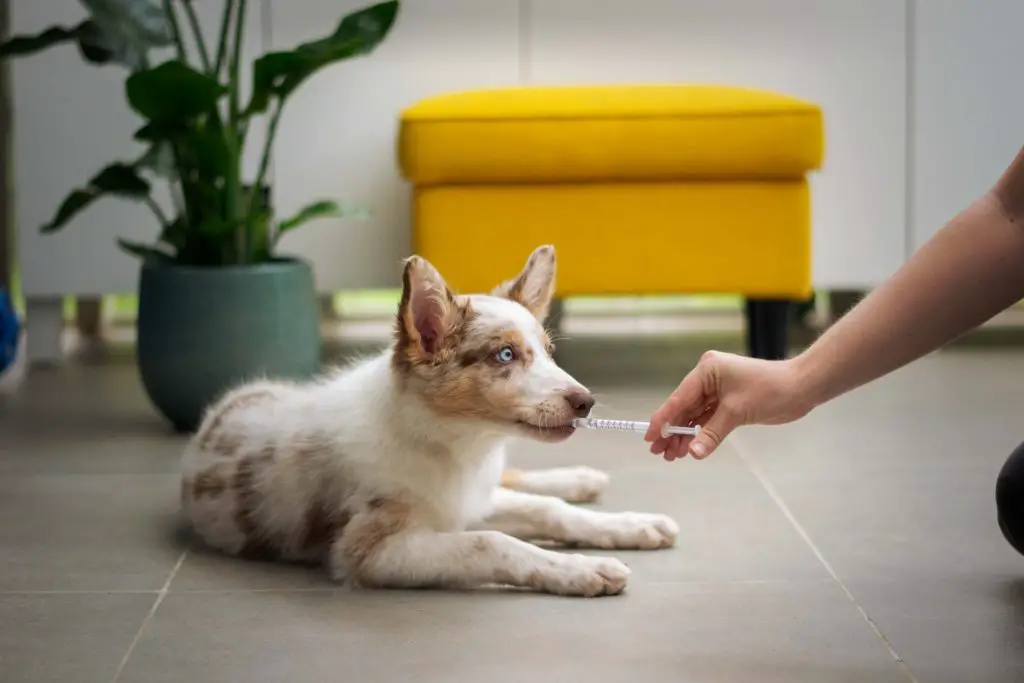
Dental problems
As dogs are into chewing the stuff around them, they can likely hurt their mouth cavity. In other words, it is not that a dog does not want to eat. The reason for food refusal is due to pain in their mouth.
A proper examination will define whether it is an oral tumor, a loose or already broken tooth, or severe gingivitis.
Previously made vaccination
Vaccination is essential for a dog’s health, and it did save the lives of many pets. Nonetheless, you should not forget that injections may also have severe adverse effects. In some cases, recent vaccinations may be the cause of the temporary, brief, or minor loss of appetite.
Travel and new surrounding
Some people adore traveling with their four-legged friends. However, dogs respond to unfamiliar surroundings not as excited as their owners do. For some dogs, changing places may be stressful.
Food refusal, motion sickness, or general nervosity are reactions that may happen during your trip.
Behavior problems
Just as some kids are, dogs can be picky as well. Behavior issues always have a trigger. For instance, it can be an awkward shape or height of a bowl; other dogs cannot eat near other aggressive dogs.
There are times when your pet is merely choosy. Nevertheless, it is not responsible for thinking that a dog is picky without consulting a vet. It is better to make sure that a dog is not ill.


